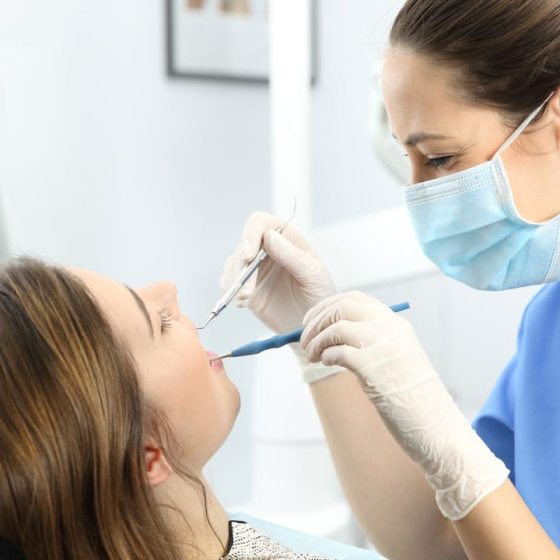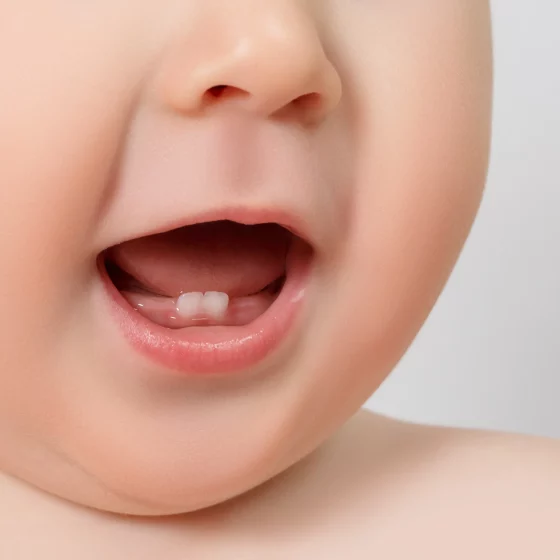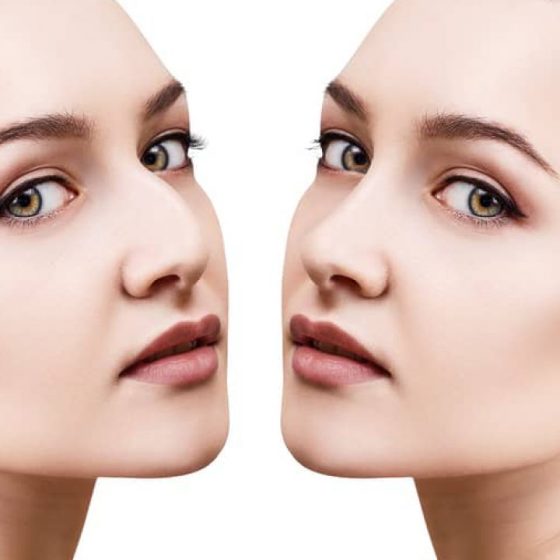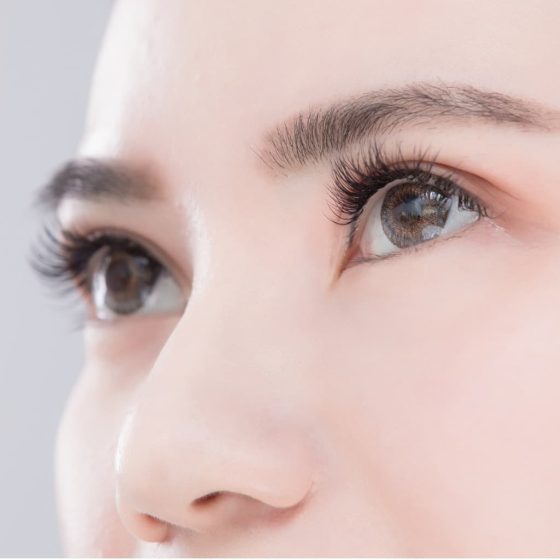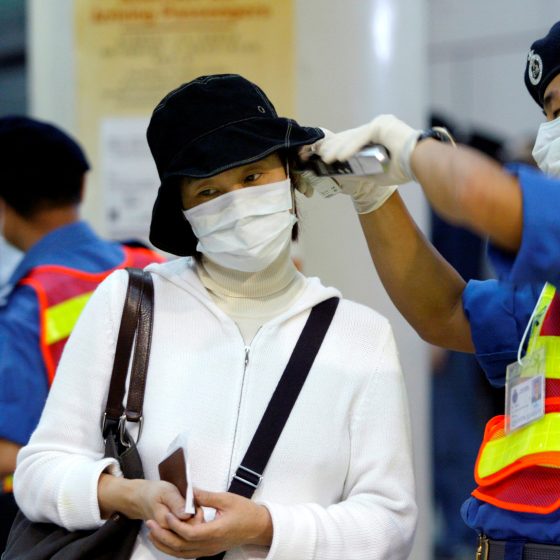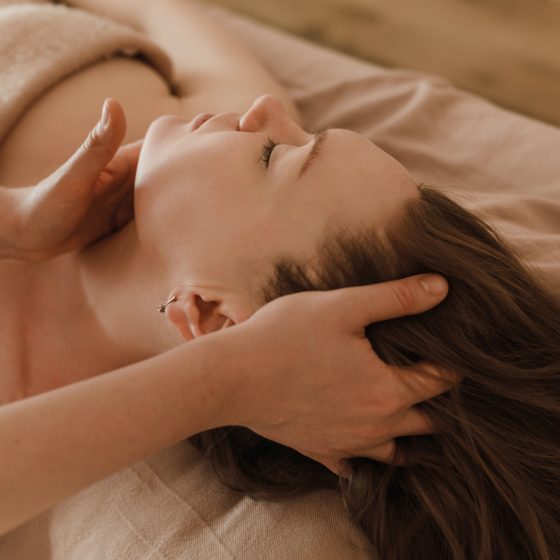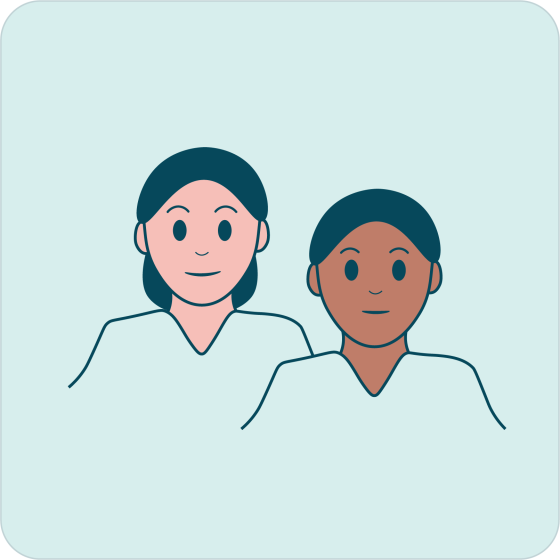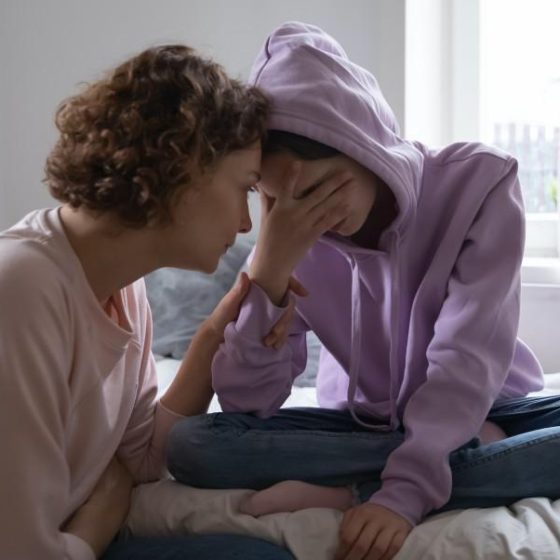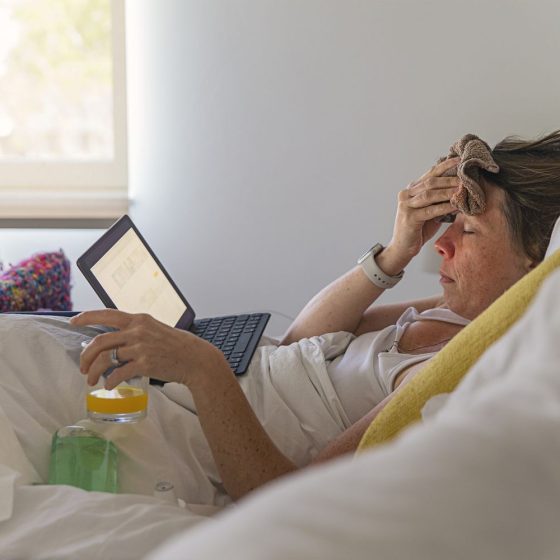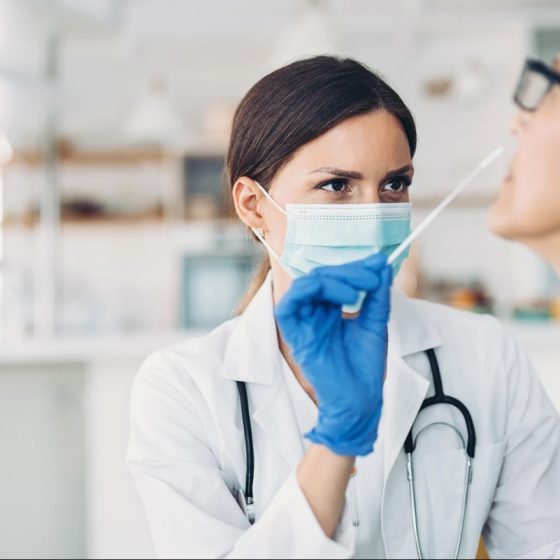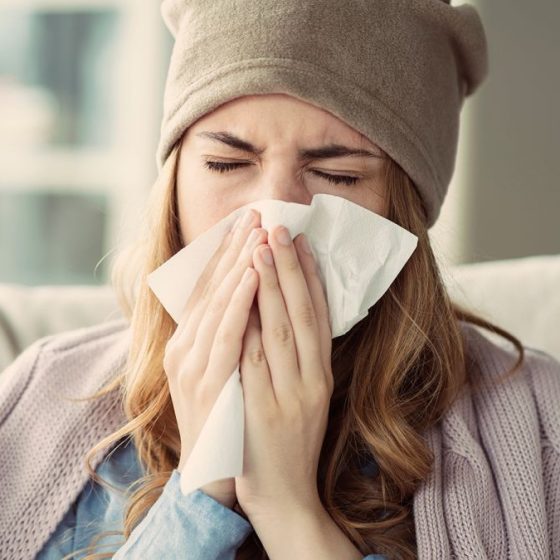Dental care and teeth cleaning
Key facts Brush and floss your teeth and gums twice daily. See your dentist every 6 months. Drink plain water throughout the day and avoid soft drinks, energy drinks and fruit juice. Never use your teeth as ‘tools’ for opening packets. This can cause teeth to break and crack. Limit your intake of coffee and tea. Swish your mouth with water afterwards to avoid staining. Healthy oral health habits start in childhood. Parents influence positive dental care behaviours. Most of us learn when we are children that cleaning our teeth helps prevent tooth decay. However, toothbrushing is only one way

